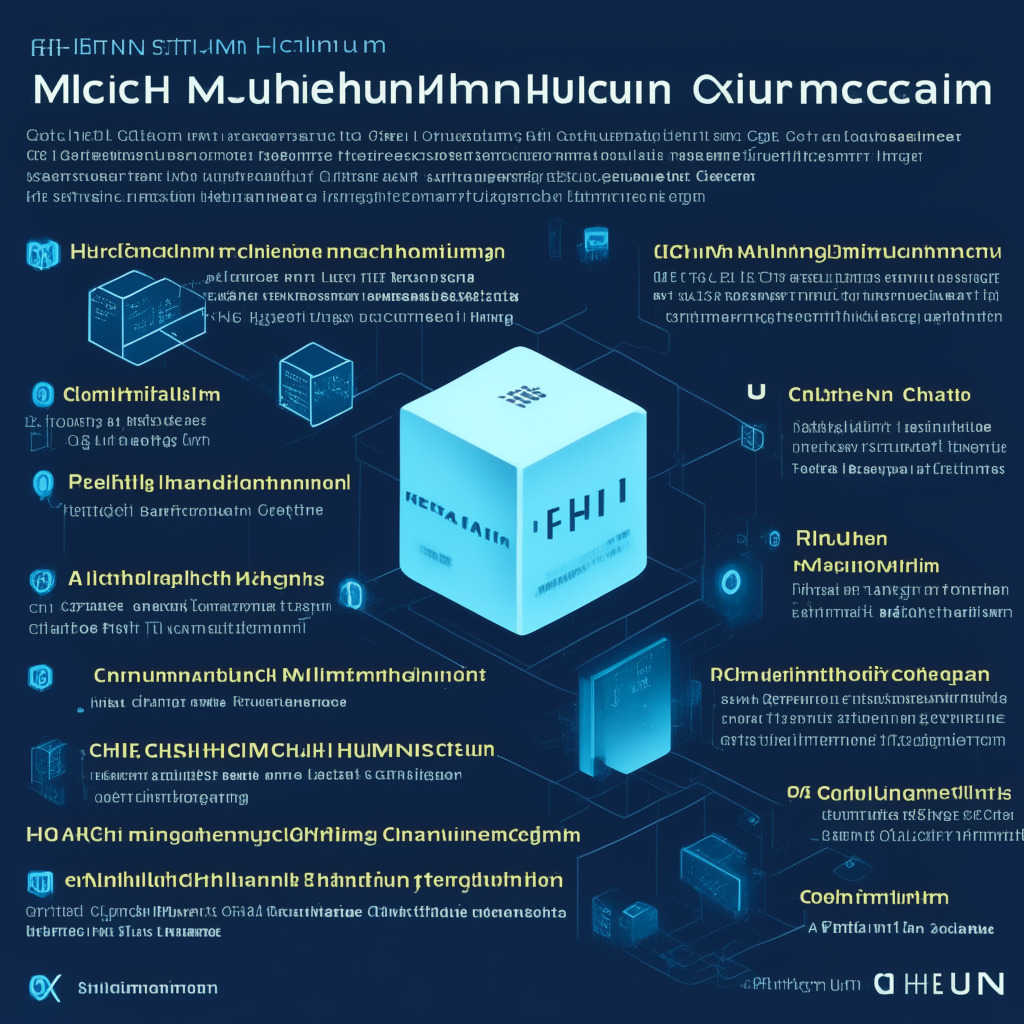The recent emergence of Friend.tech, a decentralized social media platform, has rapidly sparked interest within the crypto community. Its launch, which had taken place just a fortnight back, has already seemingly managed to overshadow the hype of hamster racing in the crypto arena. Venture capital titan Paradigm and an NBA player count amongst the platform’s initial users and contributors. So what makes Friend.tech so captivating?
In its initial two weeks, roughly 64,500 unique addresses interacted with the app, although due to the pseudo-anonymity nature of blockchain, it is impossible to gauge the number of actual users. Despite this uncertainty, one thing is clear – Friend.tech is already stirring up the crypto world. Sunday’s quietness was shattered when the platform generated $1.12 million in fees in 24 hours and a total of $2.8m since its beta launch on August 11. This mind-boggling feat trumped the entire Bitcoin network earnings in the same period.
The financial windfall was not only impressive but also catapulted Base – the Ethereum scaling layer where Friend.tech is housed and developed by Coinbase – above rival networks such as Arbitrum and Optimism. The ability for users to buy “shares” in their preferred social media personalities and influencers also sets it apart from the crowd.
Yet Friend.tech’s current triumph may falter. We can draw parallels between Friend.tech’s emergence and that of BitClout – which, despite its initial buzz, eventually met a lacklustre fate. Should Friend.tech be concerned about sharing the same destiny, given the difficulty of sustaining a blockchain-based social media presence?
Friend.tech does raise eyebrows concerning censorship and user autonomy. A monetization feature met with mixed sentiments might not do it any favours either. Yet it doesn’t strip away from the interesting economic experiment spurring within the social media industry.
Privacy, however, is an area of contentious concern with Friend.tech. Alarmingly, the platform seemingly launched without a privacy policy in place, leaking wallet information through its API. For several users, the separation of their real-world and on-chain identities is crucial, which Friend.tech seemingly neglects at this point.
Nevertheless, prominent figures in the crypto world have expressed their intent to give Friend.tech a fair trial. It can offer an alternative means to share raw, opinionated thoughts about various crypto topics. However, whether it truly has longevity or will be another passing fad in the ever-evolving world of crypto remains unclear. One thing’s for sure, the ease of code theft in crypto means that this might be just the starting point and the concept could be replicated and enhanced faster than we can anticipate.
Source: Coindesk




